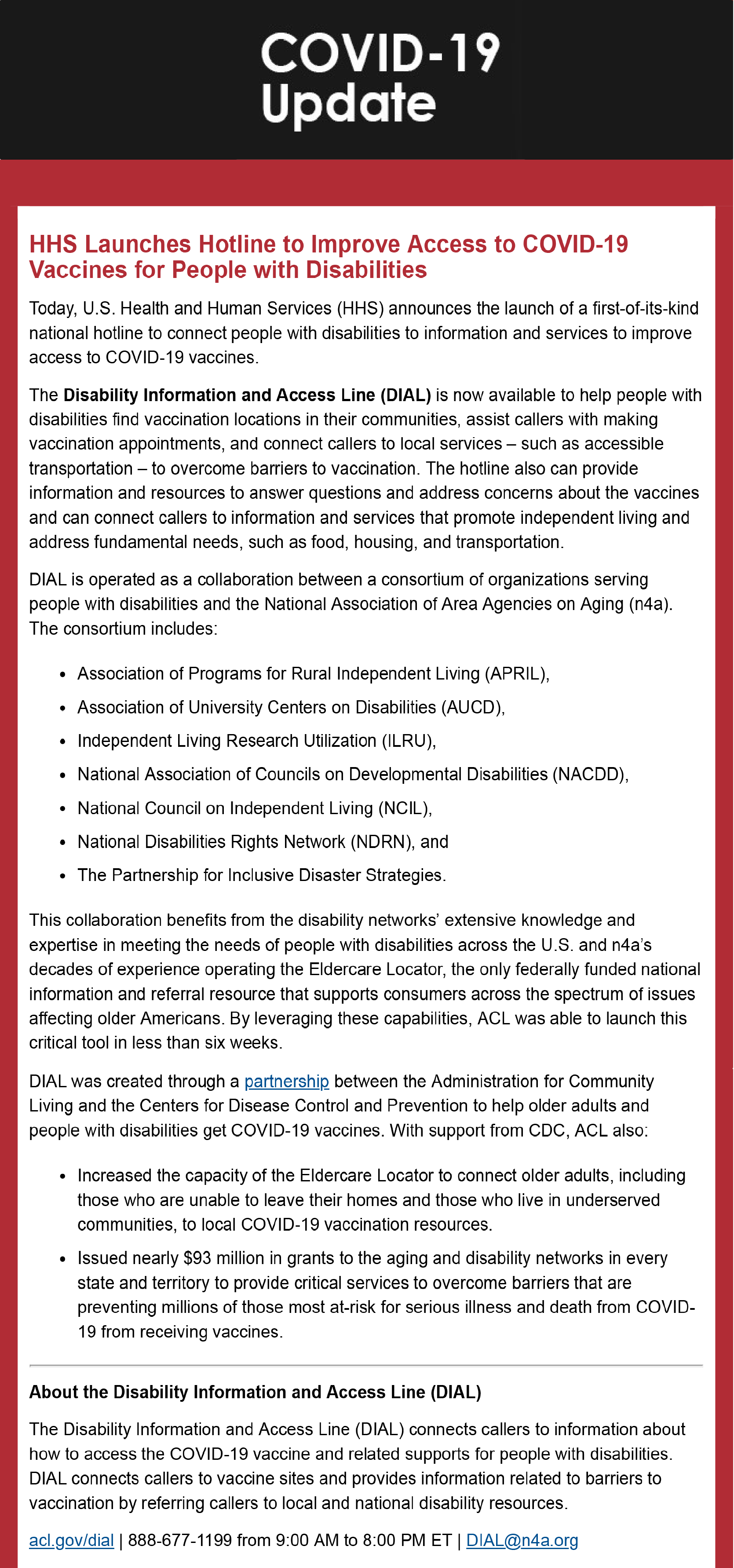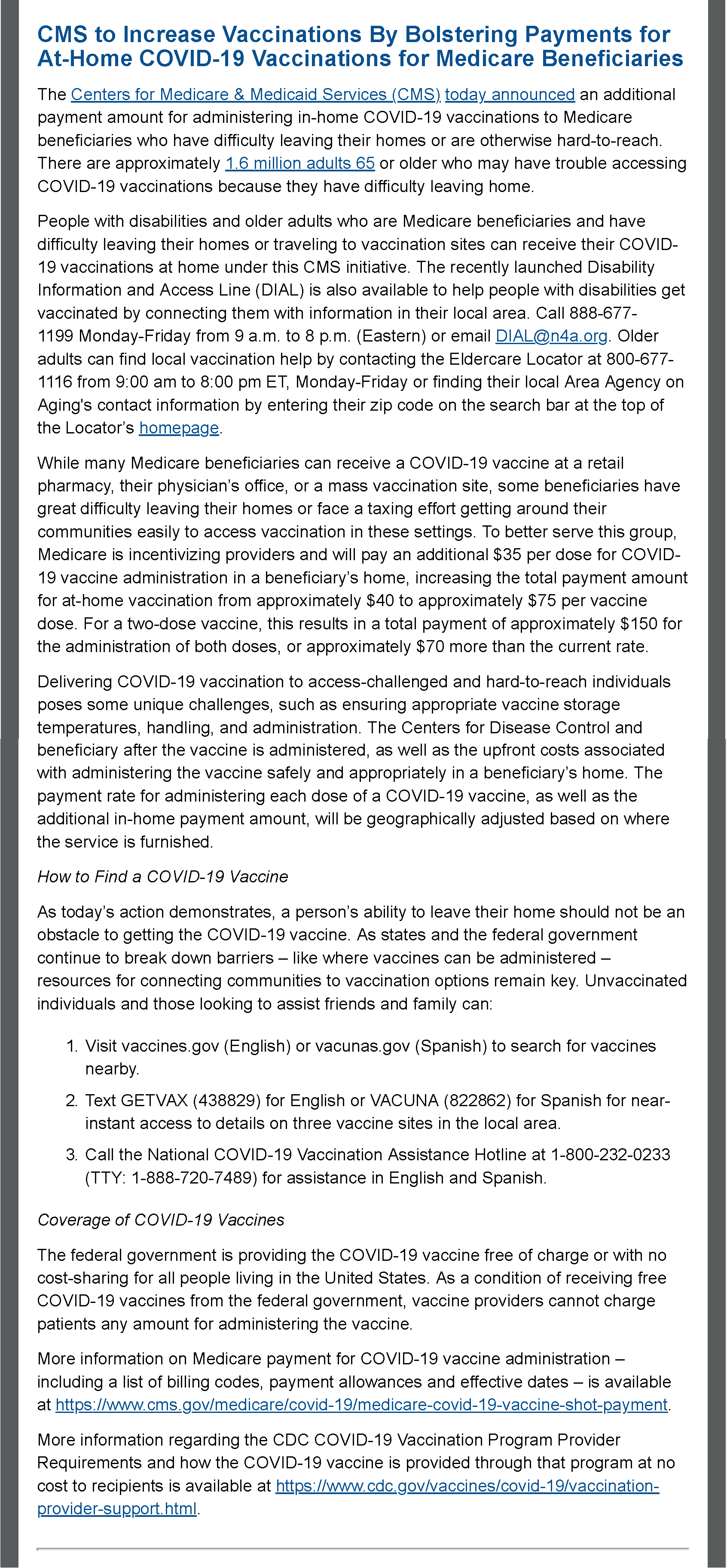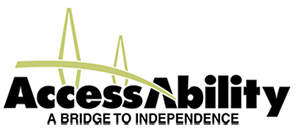Important Covid-19 Information


COVID-19 is a type of coronavirus, which is a small germ (too small to see without a microscope) that can spread and cause illness in people. COVID-19 causes flu-like symptoms such as a dry cough, shortness of breath, fever, and body aches. COVID-19 mostly affects the respiratory system. While most infections are not dangerous, it can cause pneumonia (a serious infection of the lungs) and can be deadly in severe cases.
Coronavirus spreads from an infected person in droplets released when they breathe, cough, or sneeze on people, surfaces, or on food. It enters the body through the mouth, nose, and eyes. Once in the body, it begins to multiply and spread to other areas. Coronavirus can live in the body for 2 to 28 days before outward signs of illness appear. So people can have coronavirus and not know it, and transmit the virus to others. Coronavirus can live on surfaces and objects for more than a week. It spreads easily through contact.
Anyone can get coronavirus. Even if you had it and recovered, you can get it again. Adults more than 45 years old, especially the elderly, and people who already have illnesses, especially respiratory illnesses and weakened immune systems, are at greater risk to get coronavirus and experience more severe effects.
- Wash your hands frequently with soap and water or use an alcohol-based hand-rub.
- Wash vigorously under running water for 20 seconds with soap, making sure to scrub beneath fingernails and cover the entire hand, wrist, and arm.
- Always wash hands after using the bathroom, before meals, and after you cough, sneeze, or blow your nose.
- Avoid touching your face without first washing your hands.
- Clean surfaces (such as counters, doorknobs, etc.) that may be exposed to people with coronavirus, using alcohol or bleach disinfectants:
- Alcohol: Isopropyl alcohol in a 70% concentration will kill the coronavirus germ quickly. Use it to clean surfaces such as countertops, doorknobs, and equipment. A 50% to 70% solution works best; do not use 100% because it will not work. If your alcohol is 100%, then add water in a ratio of 1 cup water to 2 cups of alcohol. First clean with soap and water, then clean with the alcohol solution and let it air dry.
- Bleach: Bleach usually comes in a 5% solution. Add cold water (hot water will not work) to dilute it, using 2 cups of bleach in a 5 gallon bucket of water. First clean with soap and water, then clean with the bleach solution and let it air dry.
- Clean objects that you handle frequently with disinfectants.
- Wash clothing with detergents and hot water. If your washing machine has a pre-rinse cycle, be sure to use it.
If you think there is coronavirus in your area, stay at home to avoid contact with others. Try to stay away from crowded areas where you might come into close contact with people and contaminated surfaces which can spread coronavirus.
This can be both difficult to do and emotionally depressing. Limiting contact does not have to mean total isolation. Talk with people on the phone instead of in person. Talk to people through windows and doors. Talk with others in person by standing two meters or six feet apart (that means two arm lengths away).
If you are healthy, help others in your community who are ill by arranging ways for them to get food, clean water, and supplies without leaving their homes.
Read this article to learn how to safely wear your mask to protect your community. https://www.nytimes.com/2020/04/08/well/live/coronavirus-face-mask-mistakes.html?goal=0_b1c833b529-528215150b-105103745&mc_cid=528215150b&mc_eid=066f71f095
This article will show you how to make a mask whether you know how to sew or just have an old t-shirt you’re willing to cut up. https://time.com/5816956/how-to-make-a-face-mask-coronavirus/?utm_source=newsletter&utm_medium=email&utm_campaign=coronavirus-brief&utm_content=20200411&xid=newsletter-coronavirus-brief
- Wear a surgical mask if you are sick so you don’t spread your germs. If you are healthy and caring for a sick person with a suspected coronavirus infection, an N95 mask will protect you much better than a surgical mask, which gives very limited protection. To use a mask properly:
- Before using a mask, clean your hands with an alcohol-based hand rub or soap and water.
- Cover your mouth and nose with the mask, making sure there are no gaps between your face and the mask.
- Do not touch the mask while using it.
- Replace the mask with a new one if it becomes damp.
- Do not reuse masks.
- To remove the mask, use the elastic straps behind your head to take it off (don’t touch the mask itself), discard it immediately in a closed bin, and clean your hands.
- Do not use a cloth over your face instead of a mask. The cloth will get damp from your breath, making it easier for the contagious droplets from outside to pass to you.
CDC on Homemade Cloth Face Coverings
CDC recommends wearing cloth face coverings in public settings where other social distancing measures are difficult to maintain (e.g., grocery stores and pharmacies), especially in areas of significant community-based transmission.
CDC also advises the use of simple cloth face coverings to slow the spread of the virus and help people who may have the virus and do not know it from transmitting it to others. Cloth face coverings fashioned from household items or made at home from common materials at low cost can be used as an additional, voluntary public health measure.
Cloth face coverings should not be placed on young children under age 2, anyone who has trouble breathing, or is unconscious, incapacitated or otherwise unable to remove the mask without assistance.
The cloth face coverings recommended are not surgical masks or N-95 respirators. Those are critical supplies that must continue to be reserved for healthcare workers and other medical first responders, as recommended by current CDC guidance.
For more information, visit this page by the CDC: https://www.cdc.gov/coronavirus/2019-ncov/prevent-getting-sick/diy-cloth-face-coverings.html
- If you are sneezing, have a dry cough, difficulty breathing and a fever, call your doctor or the local health official for instruction about how to get treatment. Because the severe danger from COVID-19 is inability to breathe (Acute Respiratory Distress Syndrome — ARDS), treatment for severe cases will include oxygen and a mechanical ventilator, available only in health care facilities.
For more information, check out helpful FAQs:
https:/scdhec.gov/infectious-diseases/viruses/coronavirus-disease-2019-covid-19
ACCESSABILITY SERVICES AMIDST COVID-19 PANDEMIC
AccessAbility is offering virtual and in-person services with precautions. See more available services that can be accessed via email and phone during this period.
Consumers and citizens who are in need of assistive technology or personal care items can still access these services through scheduled appointments over the phone or virtual assessments.
Items will be prepared and scheduled for pickups on designated days during the work week.
Our information and referral specialist are manning the phone and their emails Monday through Friday to provide important information and resources during this pandemic.
Please leave a message (843-225-5080 / info@abilitysc.org) and our Information and Referral team will get in touch with you as soon as possible.
The AccessAbility Independent Living Specialist are continuing services with current and new consumers via virtual meeting and conference calling. Please call to schedule your meeting today!
AccessAbility will be providing some community based workshops at this time. Our onsite and in-school transition services will remain on hold until further notice or until schools are reopened. We will be providing virtual workshops videos via youtube for individuals in transition. CHECK OUR SOCIAL MEDIA AND WEBSITE FOR ANY WORKSHOPS OR EVENTS WE ARE HOLDING!
AccessAbility is doing everything possible to continue providing services to our communities. We are active in our safety measures while providing services to keep everyone safe and healthy. These safety measures may impact or timeliness of service delivery in some cases. Please be patient and please utilize all available safety measures and to protect yourself and the loved ones to whom you belong or care for.
AccessAbility will be operating on appointment-only basis. See available services that can be accessed via email and phone during this period.we are back to
Consumers and Citizens who are in need of assistive technology or personal care items can still access these services through scheduled over the phone or virtual assessments.
Items will be prepared and scheduled for pickups on designated days during the work week.
Our information and referral specialist are manning the phone lines and email boxes Monday through Friday to provide important information and resources during this Pandemic.
Please leave a message (843-225-5080 / info@abilitysc.org) and our Information and Referral team will get in touch with you as soon as possible.
The AccessAbility Independent Living Specialist are continuing services with current and new consumers via virtual meeting and conference calling. Please call to schedule your meeting today!
AccessAbility will be providing some workshops in-person at this time. Our onsite and in-school transition services will remain on hold until further notice or until schools are reopened. We will be providing virtual workshops videos via youtube for individuals in transition. CHECK OUR SOCIAL MEDIA AND WEBSITE FOR ANY UPDATED INFORMATION REGARDING EVENTS AND WORKSHOPS!
AccessAbility is doing everything possible to continue providing services to our communities. We are active in our safety measures while providing services to keep everyone safe and healthy. These safety measures may impact or timeliness of service delivery in some cases. Please be patient and please utilize all available safety measures and to protect yourself and the loved ones to whom you belong or care for.
Sources:
hesperian health guidelines – https://en.hesperian.org/hhg/Coronavirus
CDC – https://www.cdc.gov/coronavirus/2019-ncov/prevent-getting-sick/diy-cloth-face-coverings.html
scthrive – https://scthrive.org/coronavirus-resources/
